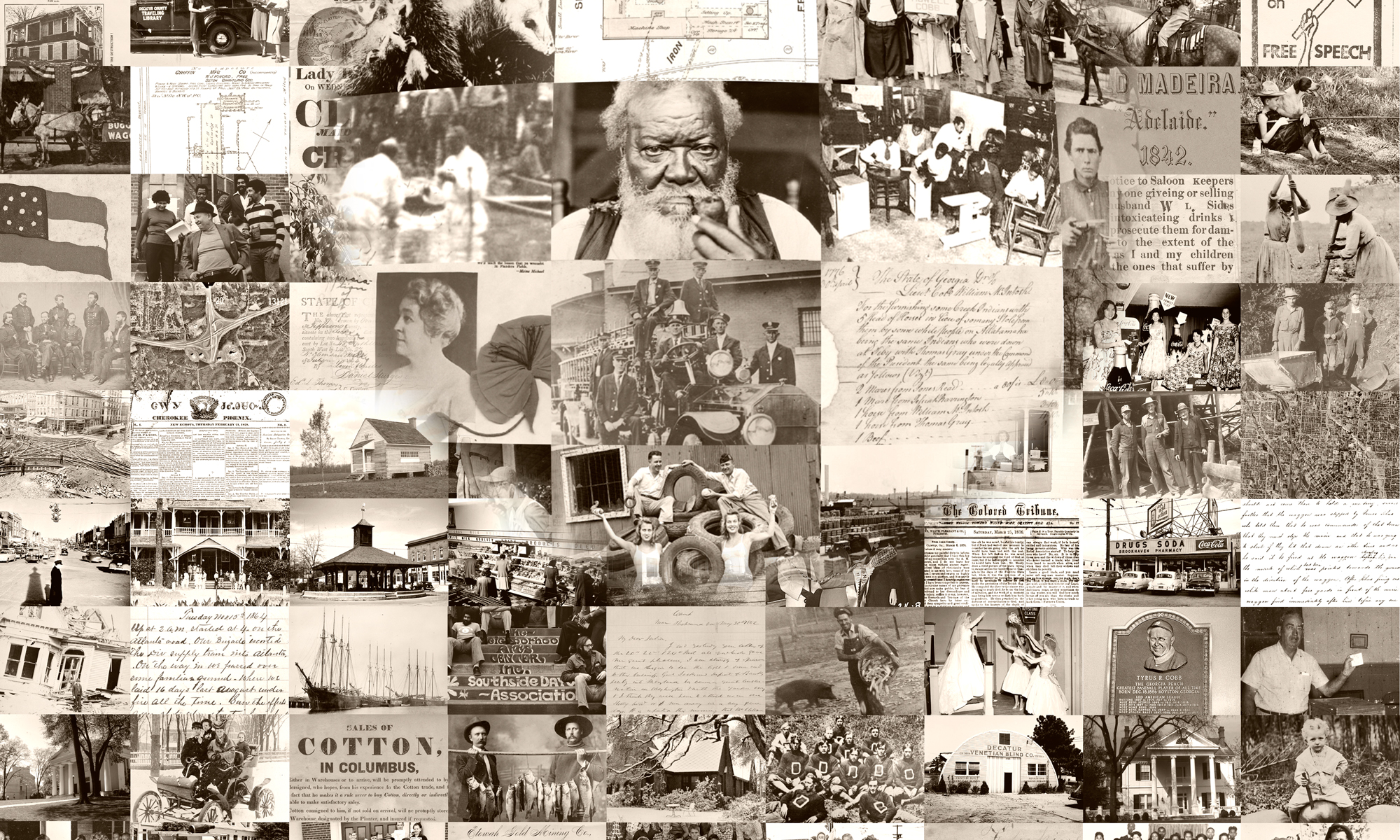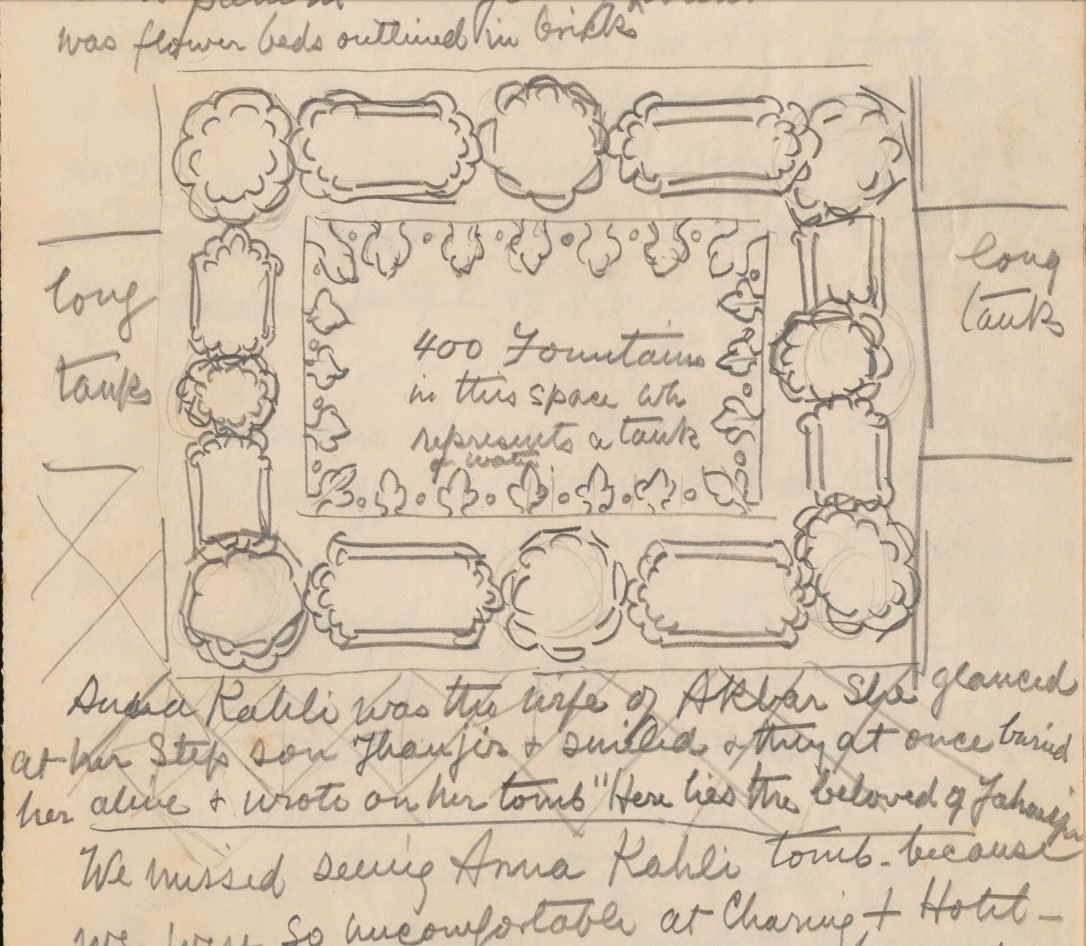CONTACT: Deborah Hakes, dhakes@georgialibraries.org, (404) 852-5547; Mandy Mastrovita, mastrovi@uga.edu, 706-583-0209
ATHENS, GA…Georgia HomePLACE and the Digital Library of Georgia are pleased to announce the online availability of the 19th and 20th century Perry, Georgia, City Council Minute Books collection at https://dlg.usg.edu/collection/hlp_hcmb. The project was made possible through a partnership between the Digital Library of Georgia, Georgia HomePLACE, and the Houston County Public Library System.
This collection of Perry’s municipal documents includes the charter, ordinances, minutes, and rules of council from 1859-1943. The minutes include details of city council meetings, the names of council committee members, and city business transactions, including some financial records. The city charter, ordinances, and rules of council include information about the town’s incorporation, statutes, and regulations.
These materials document the growth and modernization of Perry, Houston County’s county seat. “Unlike much of the country during the Great Depression, Perry experienced a period of industrial growth and population increase, with electricity to homes instead of gas, as well the first Blue Bird bus being built in Perry in 1927,” notes J. Sara Paulk, Director of the Houston County Public Library System. “Tourism was supported and encouraged with the second in the state tourist court, gas stations, and modern streets. The historic Dixie highway came through Perry and was paved during the 1920s.” The digitized collection gives researchers access to the original records which reflect these changes over time.
About Houston County Public Library System
Houston County Public Library System offers a full program of library services of all citizens of Houston County and the surrounding communities to meet their informational, educational and recreational needs. Learn more at http://houpl.org/.
About Georgia HomePLACE
Georgia HomePLACE encourages public libraries and related institutions across the state to participate in the Digital Library of Georgia. HomePLACE offers a highly collaborative model for digitizing primary source collections related to local history and genealogy. HomePLACE is supported with Federal LSTA funds administered by the Institute of Museum and Library Services through the Georgia Public Library Service, a unit of the Board of Regents of the University System of Georgia. Learn more about Georgia HomePLACE at http://www.georgialibraries.org/homeplace/abouthomeplace.php.
About the Digital Library of Georgia
Based at the University of Georgia Libraries, the Digital Library of Georgia http://dlg.galileo.usg.edu/ is a GALILEO initiative that collaborates with Georgia’s libraries, archives, museums and other institutions of education and culture to provide access to key information resources on Georgia history, culture and life. This primary mission is accomplished through the ongoing development, maintenance and preservation of digital collections and online digital library resources. DLG also serves as Georgia’s service hub for the Digital Public Library of America and as the home of the Georgia Newspaper Project, the state’s historic newspaper microfilming project.


